Fox News Anchor Appears to Use Antigay Slur in Rant About Pete Buttigieg
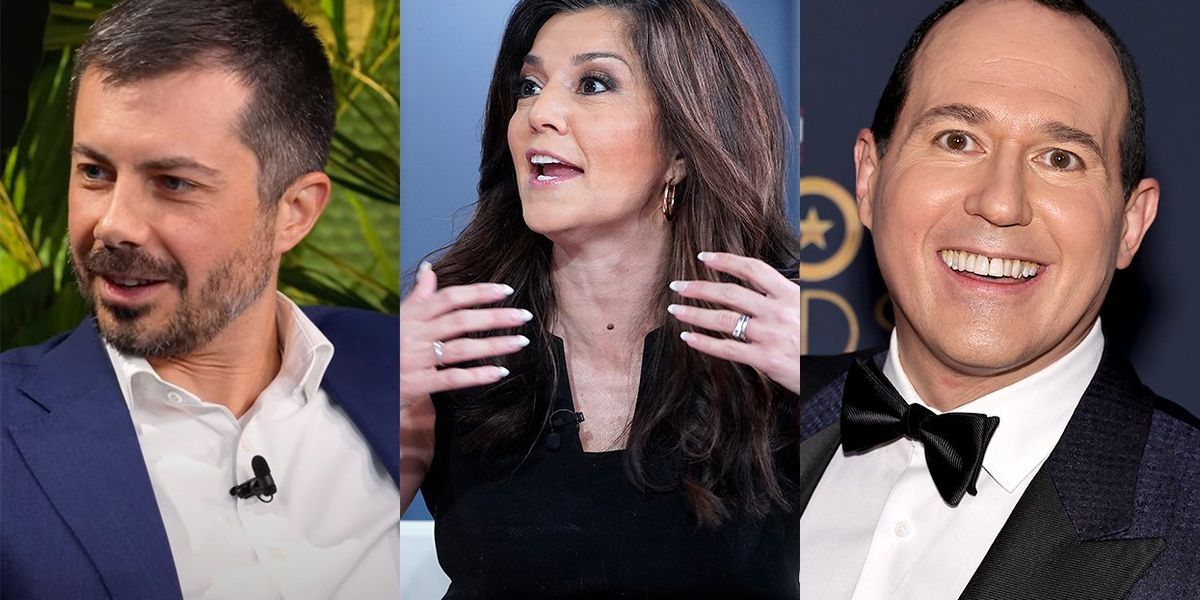
In a recent segment on Fox News, anchor Rachel Campos-Duffy sparked controversy when she appeared to use an antigay slur while discussing former Transportation Secretary Pete Buttigieg. This incident ignited a fierce debate among viewers regarding whether her remark was a slip of the tongue or something more insidious. Campos-Duffy critiqued Buttigieg’s portrayal of masculinity and made a mocking comment about his attempts to integrate into male-centric media, stating, “He’s pretending not to be a beta.”
The segment took an even more controversial turn when a chyron appeared reading “Mayor Pete: Dems are finger waggers.” In response, Campos-Duffy made a statement that many interpreted as a slur directed at Buttigieg, one of the few openly gay politicians in the United States. Soon after, she attempted to rectify her slip by substituting “wagger” for her original phrase. However, this moment quickly spread across social media platforms, leading to accusations of homophobia and insensitivity.
The Backlash from LGBTQ+ Advocates
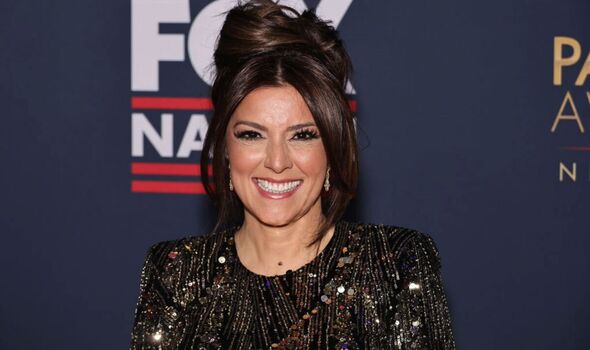
Many LGBTQ+ advocates and allies quickly condemned Campos-Duffy’s remarks as emblematic of broader issues within the right-wing narrative that often disparages LGBTQ+ individuals. Lis Smith, a close advisor to Buttigieg, was particularly outspoken about the rhetoric employed during the segment. On social media, she characterized Arroyo’s comments, made in tandem with Campos-Duffy, as hypocritical given the conservative criticism of masculinity and LGBTQ+ representation.
In addition to Campos-Duffy’s comment, Fox News contributor Raymond Arroyo also weighed in on Buttigieg’s effectiveness and appeal, implying that he didn’t resonate with young male voters. Arroyo resorted to making demeaning comparisons between Buttigieg and transgender actress Dylan Mulvaney, an move that drew sharp criticism for perpetuating transphobic stereotypes. Such remarks not only targeted the individuals involved but also contributed to a hostile environment for LGBTQ+ representation in media.
The Implications for LGBTQ+ Representation in Media
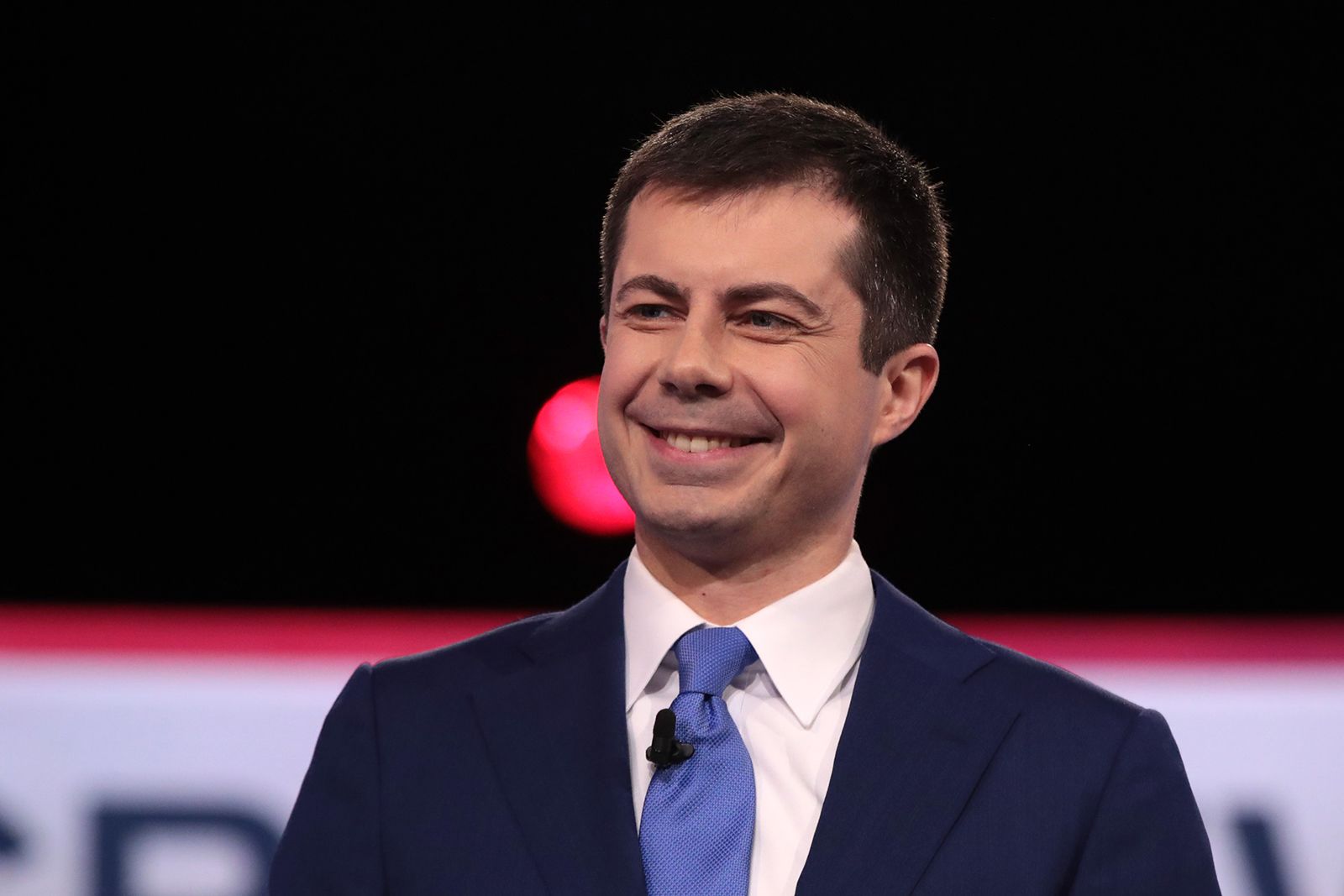
The incident underscores a crucial element of modern media discourse: the need for sensitivity towards marginalized communities, especially concerning representation in mainstream media. Buttigieg, an openly gay politician, plays a vital role in broadening visibility for LGBTQ+ individuals in positions of power. The reactions to Campos-Duffy’s remarks highlight the backlash that arises when such visibility is challenged by outdated or homophobic narratives.
Despite the lack of a public response from Buttigieg regarding this incident, many of his supporters noted that such reactions demonstrate the significance of his message in contemporary discussions about masculinity, politics, and LGBTQ+ representation. They argue that these conservative critiques reflect a deeper insecurity about changing social norms and acceptance of diverse identities.
Broader Cultural Context
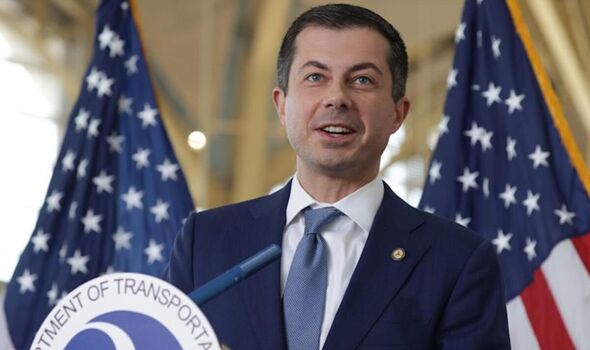
This episode is more than just a slip of the tongue; it resonates within a larger cultural context of ongoing struggles for LGBTQ+ rights and representation. Media narratives can shape public perception, and when influential platforms like Fox News propagate negative stereotypes, it has potential ramifications beyond the screen. Observers argue that these conversations about gender and sexuality demonstrate the tensions present in today’s political climate, where discussions on masculinity often clash with evolving ideals of gender identity.
Moreover, this incident provides an opportunity for society to reflect on the importance of inclusivity in discourse. As mainstream media continues to evolve in their portrayal of LGBTQ+ individuals, incidents like this can serve as reminders of the work still needed to promote understanding and acceptance.
The Future of Discourse on Gender and Sexuality
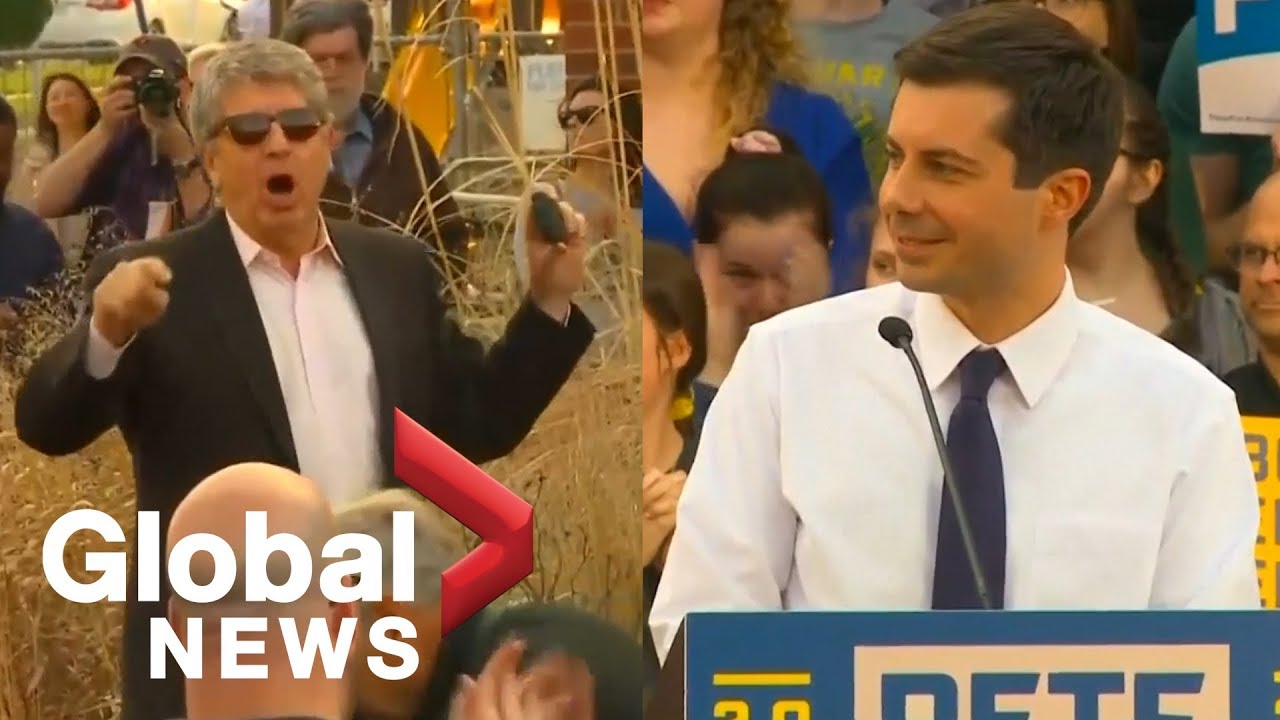
As society grapples with issues surrounding gender identity and representation, it will be essential for media figures to approach these discussions with care and sensitivity. The backlash against Campos-Duffy’s remarks points to a growing awareness among audiences about the impact language can have on marginalized communities.
In conclusion, the incident involving Campos-Duffy serves as a potent reminder that media narratives possess the power to influence societal attitudes. It signals the need for continuing advocacy for respectful and inclusive commentary around LGBTQ+ issues. Viewers are encouraged to engage with media critically and to support platforms that promote diverse voices. For those who wish to stay informed and active in the conversation about LGBTQ+ rights and representation, staying engaged with advocacy groups and participating in discussions is vital. Together, we can help pave the way for a more inclusive media landscape.





